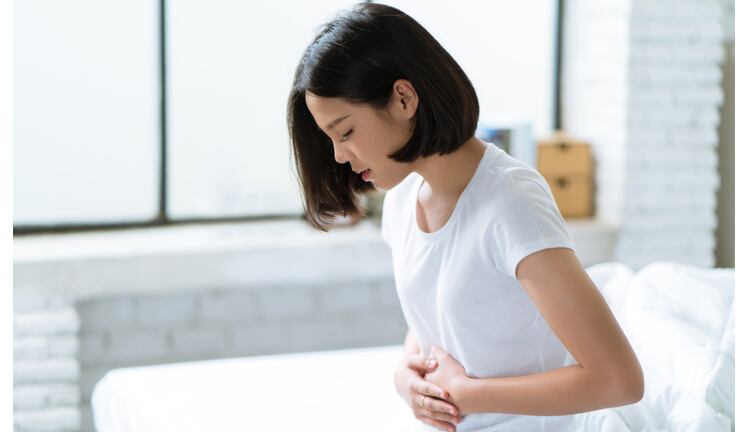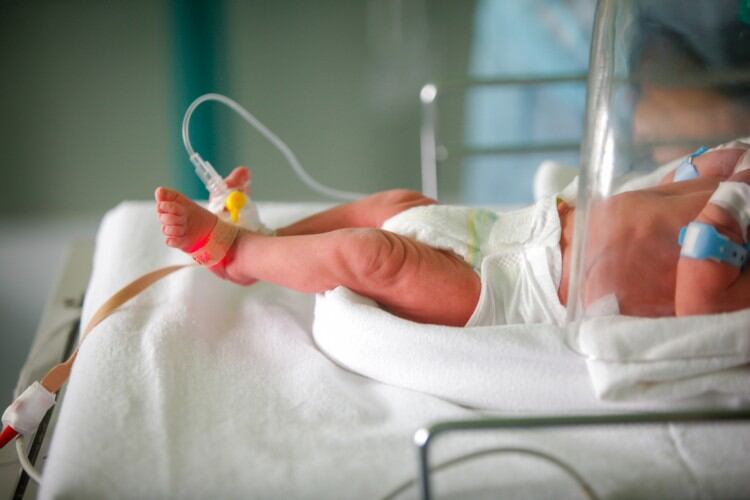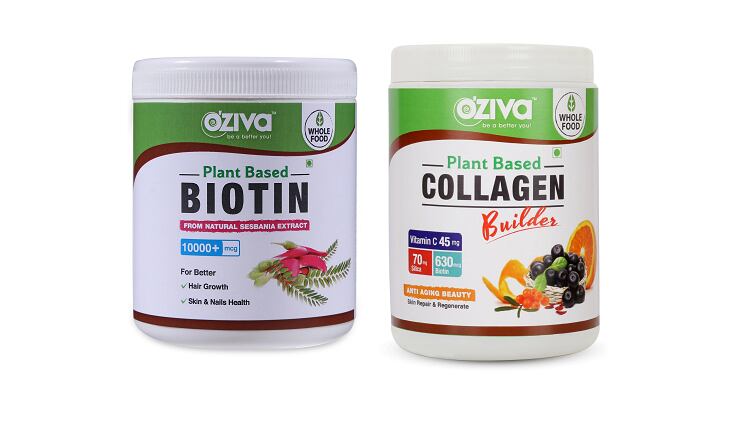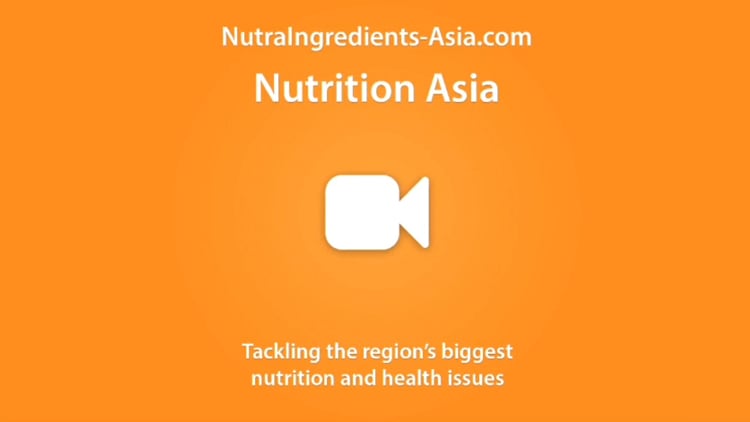The condition affects about 10% of the women of reproductive age and characterised by ovulatory and menstrual dysfunction, high levels of androgens, and polycystic ovaries.
Past research showed that PCOS comes along with oxidative stress, inflammation, insulin resistance, as well as defective ovarian follicle.
Vitamin E, on the other hand, has been shown to reverse the impact caused by oxidative stress to the reproductive and endocrine system.
As such, researchers from the Affiliated Hospital of Nanjing University of Chinese Medicine decided to study the effect of vitamin E on infertile women with PCOS.
They based their research on the medical records of 321 women who were undergoing ovulation induction in the Reproductive Medicine Centre of Jiangsu Province Hospital of Chinese Medicine between October 2015 and April 2017.
Besides taking hormone medication clomiphene citrate (CC) and human menopausal gonadotropin (hMG), some of them also took vitamin E.
The researchers thus categorised these 321 women into three groups.
Group A (110 cases) did not receive vitamin E, group B (105 cases) took 100mg of vitamin E per day for 11 days, starting from the third day of their period.
Group C (106 cases) took 100mg of vitamin E per day for 14 days, starting from the first day of their period.
Results
They found that group B and C had a lower level of malondialdehyde (MDA) and ischemia modified albumin (IMA) – both are markers of oxidative stress – and a higher level of total antioxidant capacity (TAC) and vitamin E in their blood serum as compared to group A by the end of their stimulated ovulation treatment.
The improvement was especially pronounced in group B.
For instance, the concentration of MDA was 8.54 ± 1.22 nmol/L in group B, while that of C was slightly higher at 9.12 ± 1.42 nmol/L, and A at 9.53 ± 1.13 nmol/L.
The amount of IMA was also lower in B at 70.56 ± 8.21 U/ml, 76.25 ± 8.02 U/ml for C, and 78.25 ± 9.62 U/ml for A.
The same was also seen for TAC and vitamin E levels.
Group B had a higher TAC level at 21.53 ± 2.13 U/ml, while C was at 19.74 ± 1.62 U/ml, and A was at 18.32 ± 2.14 U/ml.
It should also be noted that Groups B and C, which took vitamin E, were also injected with a reduced amount of the hMG hormone medication – at 5.29 bottles and 6.43 bottles as compared to group A (6.62 bottles).
No impact on pregnancy rates
The improvement in oxidative stress, however, did not translate into higher ovulation rates, ongoing pregnancy rates – which is defined by at least 20 weeks of gestation, and clinical pregnancy rates – which is defined by the presence of a fetal heartbeat at six to seven weeks of the pregnancy.
In fact, group A fared better in terms of ovulation and clinical pregnancy rates (77.3% and 28.2%) as compared to group B (71.43% and 27.6%) and group C (73.6% and 23.6%).
On the other hand, the rate of ongoing pregnancy was 24.5%, 27.6%, and 22.6% in groups A, B, and C respectively.
“In conclusion, a short-term supplementation of vitamin E can improve oxidative stress, reduce exogenous HMG dosage to lower the economic cost through dampening oxidative stress.
“However, the supplementation does not alter the pregnancy rate in the ovulation induction cycle,” the researchers said.
Source: BMC Women’s Health 20, 69 (2020)
Effect of a short-term vitamin E supplementation on oxidative stress in infertile PCOS women under ovulation induction: a retrospective cohort study
https://doi.org/10.1186/s12905-020-00930-w
Authors: Chen, J., Guo, Q., Pei, Y. et al.





